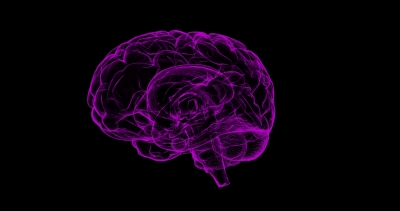US: Boy in Nevada dies from infection with brain-eating amoeba
By IANS | Published: October 21, 2022 05:00 AM2022-10-21T05:00:03+5:302022-10-21T05:25:07+5:30
Los Angeles, Oct 21 A boy in Nevada state of the US died after he was infected with ...

US: Boy in Nevada dies from infection with brain-eating amoeba
Los Angeles, Oct 21 A boy in Nevada state of the US died after he was infected with Naegleria fowleri, a rare brain-eating amoeba, after exposing to the free-living ameba at Lake Mead, state health officials said.
According to a news release from the Southern Nevada Health District, the boy, described as a Clark County resident under the age of 18, possibly was exposed at Lake Mead, the biggest reservoir in the US, at the beginning of October and began to develop symptoms approximately a week later, Xinhua news agency reported.
In the press release, Fermin Leguen, District Health Officer for the Health District, noted that he wanted to reassure the public this type of infection is an extremely rare occurrence.
Naegleria fowleri is a single-celled living organism. It is so small that it can only be seen with a microscope, the Centers for Disease Control and Prevention said. It is commonly found in warm freshwater, such as lakes and rivers, or more rarely, in inadequately chlorinated swimming pools or heated and contaminated tap water.
Infection with the amoeba causes primary amebic meningoencephalitis (PAM), a brain infection that initially includes headache, fever, nausea, or vomiting and progresses to stiff neck, seizures and coma that can lead to death.
Symptoms usually begin about five days after infection but can start within one to 12 days. Once symptoms start, the disease progresses rapidly and usually causes death within about five days.
Last year, a seven-year-old boy in California died after he contracted the brain-eating amoeba likely while swimming in a lake in Northern California. Local public health authorities said only about 10 cases of PAM caused by Naegleria fowleri have been reported in California since 1971.
Disclaimer: This post has been auto-published from an agency feed without any modifications to the text and has not been reviewed by an editor
Open in app